del Toro’s Pinocchio is a tale of faith that is not wooden
This article originally appeared at Baptist News Global on January 31, 2023.
Little did Pinocchio know as he stood amidst the congregation, playfully mimicking the crucifix with outstretched arms and joined feet, that he would soon be hung on a cross as well.
In Guillermo del Toro’s Pinocchio, now streaming on Netflix, del Toro has much to say about life, death, resurrection, human identity and the relationship between fathers and sons.
As the director of Pan’s Labyrinth and The Shape of Water, the Academy Award winning filmmaker is well known for his exploration of how our theology is reflected in our relationships. His latest film has been nominated for Best Animated Feature at the upcoming Academy Awards.
Re-engaging religion through art and storytelling
Del Toro always has had an aversion to violence. He recalls his grandma telling him of the Christian martyrs: “She’d say, ‘Then the little boy saw how the missionaries were tortured and boiled.’ And I was like, ‘Thank you, grandma.’”

Guillermo del Toro
Growing up Catholic in Guadalajara, Mexico, del Toro deconstructed his faith as a result of seeing the violence humans exert on one another. But eventually, he came to a place where he could engage with the images of Christianity in a way that would bring healing from the violence humans and institutions cause.
He told Charlie Rose in an interview from 2009 that “I mercifully lapsed as a Catholic,” while quoting the Spanish filmmaker Luis Buñuel Portolés saying, “I’m an atheist, thank God.” Yet, despite his atheism, he revealed to Rose that he is “once a Catholic, always a Catholic, in a way. … I believe in Man. I believe in mankind, as the worst and the best that has happened to this world.”
In a 2011 interview with Time, del Toro explained how he explores the religious tensions in his life through art. “To me, art and storytelling serve primal, spiritual functions in my daily life. Whether I’m telling a bedtime story to my kids or trying to mount a movie or write a short story or a novel, I take it very seriously.”
Referring to the stories of the martyrs his grandma told him, he said, “All that is in Pinocchio.”
Theology as dialogue about the darkness from a child’s point of view
Recalling when his mother took him to see Disney’s Pinocchio as a child, del Toro told CBC News: “I thought this is how scary it is to be a kid. This is somebody that understands how you can view the darkness from a child’s point of view.”
“The only thing that can save us is a dialogue with the darker parts of ourself.”
In a moment reminiscent of Christianity Today’s recent conversation about our collective anger, del Toro said: “Humanity’s sort of in the middle of a massive cosmic tantrum.” But rather than doubling down on retributive justice as evangelicals do, del Toro suggested: “The only thing that can save us is a dialogue with the darker parts of ourself. Imagination is empathy because it allows you to empty yourself into something that is not that easily accessible.”
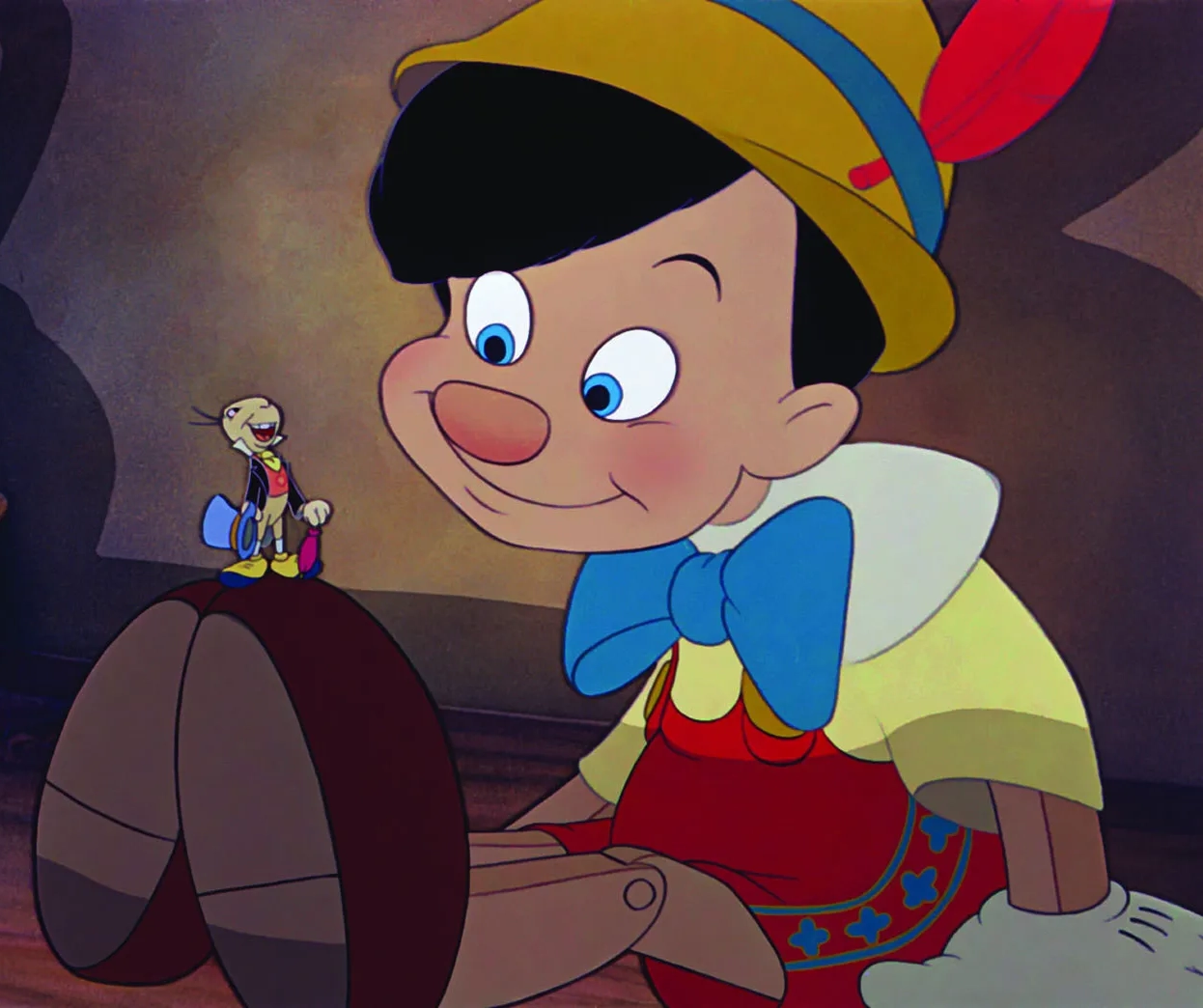 He believes his take on the classic children’s fairy tale will give space for this dialogue.
He believes his take on the classic children’s fairy tale will give space for this dialogue.
“The most thrilling thing for a kid and a parent is dialogue,” he said. Regarding whether his Pinocchio is a children’s movie, del Toro replied: “It’s not made for them. But they can watch it if their parents talk to them. You’re going to have a conversation about life, death, about parenthood. It actually allows the kid to ask questions.”
One cannot help but recognize the parallels between del Toro’s exploration of theology as a dialogue about the darkness from a child’s point of view and the way Jews and Christians have engaged theology for 3,000 years. The name “Israel” means “wrestles with God.” Christians are said to have faith “like a child.”
While the Bible records the dialogue ancient Jews and Christians had in their wrestling with God and one another, the contending has continued throughout the centuries as theologies evolved over time. No matter how confidently we assert our beliefs, we are all dialoguing as children. The way we talk about the infinite unveils the inner child-like dialogue we are having with the darker parts of ourselves.
Hierarchical cracking from institutional control
Comparing fairy tales and horror, del Toro told Time there are essentially two types of fairy tales. “One is pro-institution, which is the most reprehensible type of fairy tale: Don’t wander into the woods, and always obey your parents. The other type of fairy tale is completely anarchic and anti-establishment.”

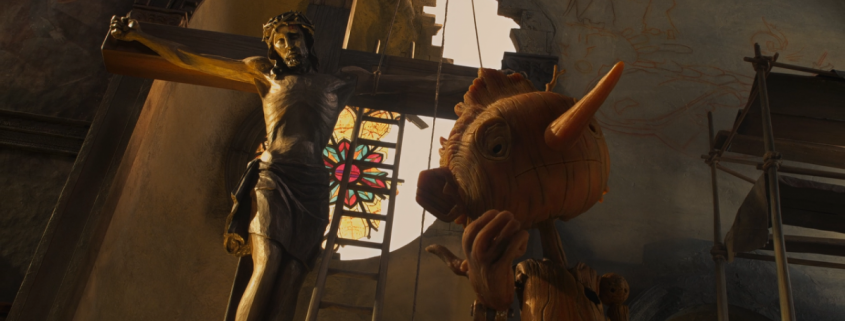
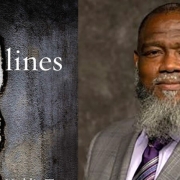

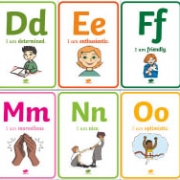


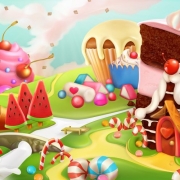

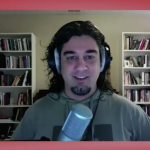
Leave a Reply
Want to join the discussion?Feel free to contribute!